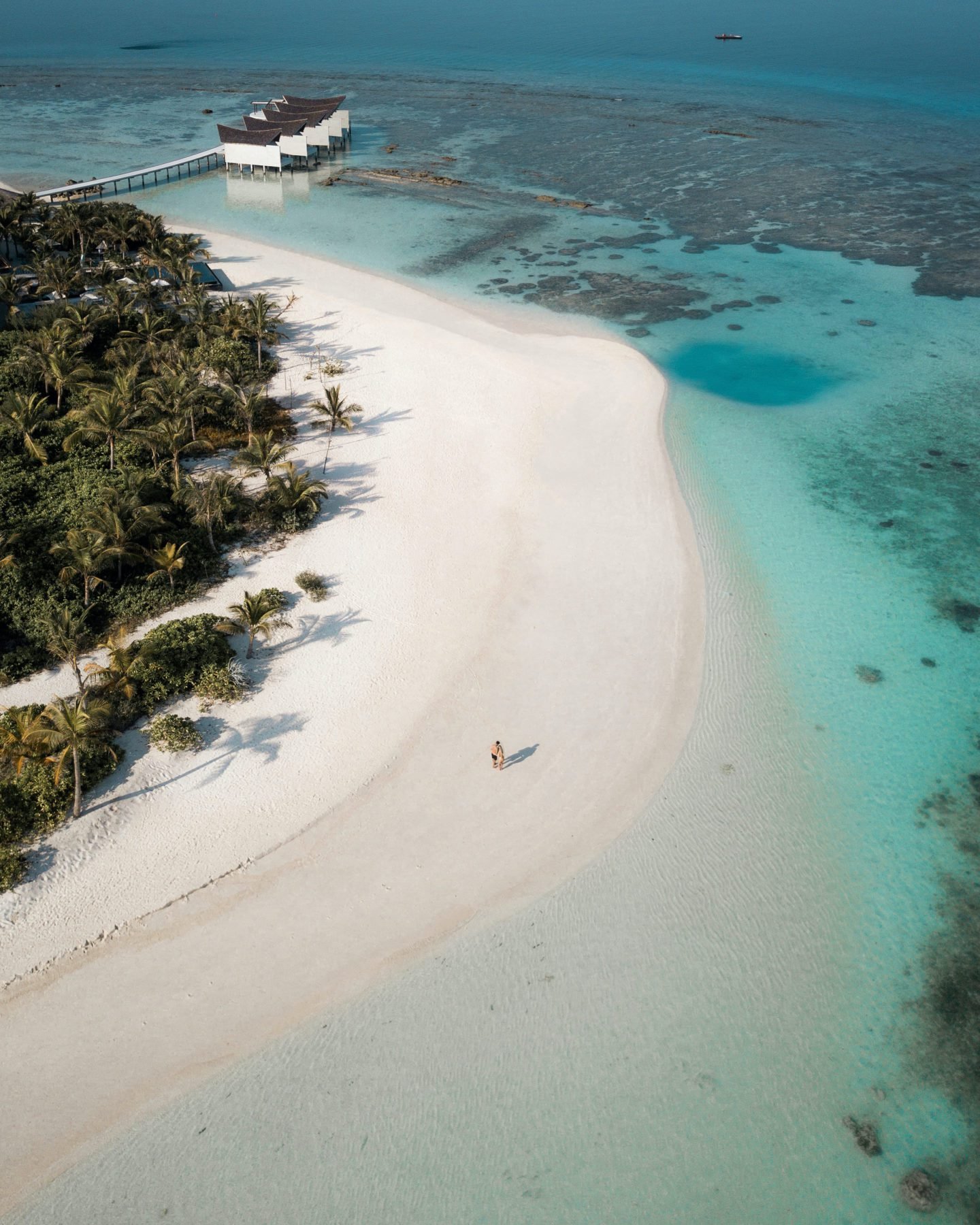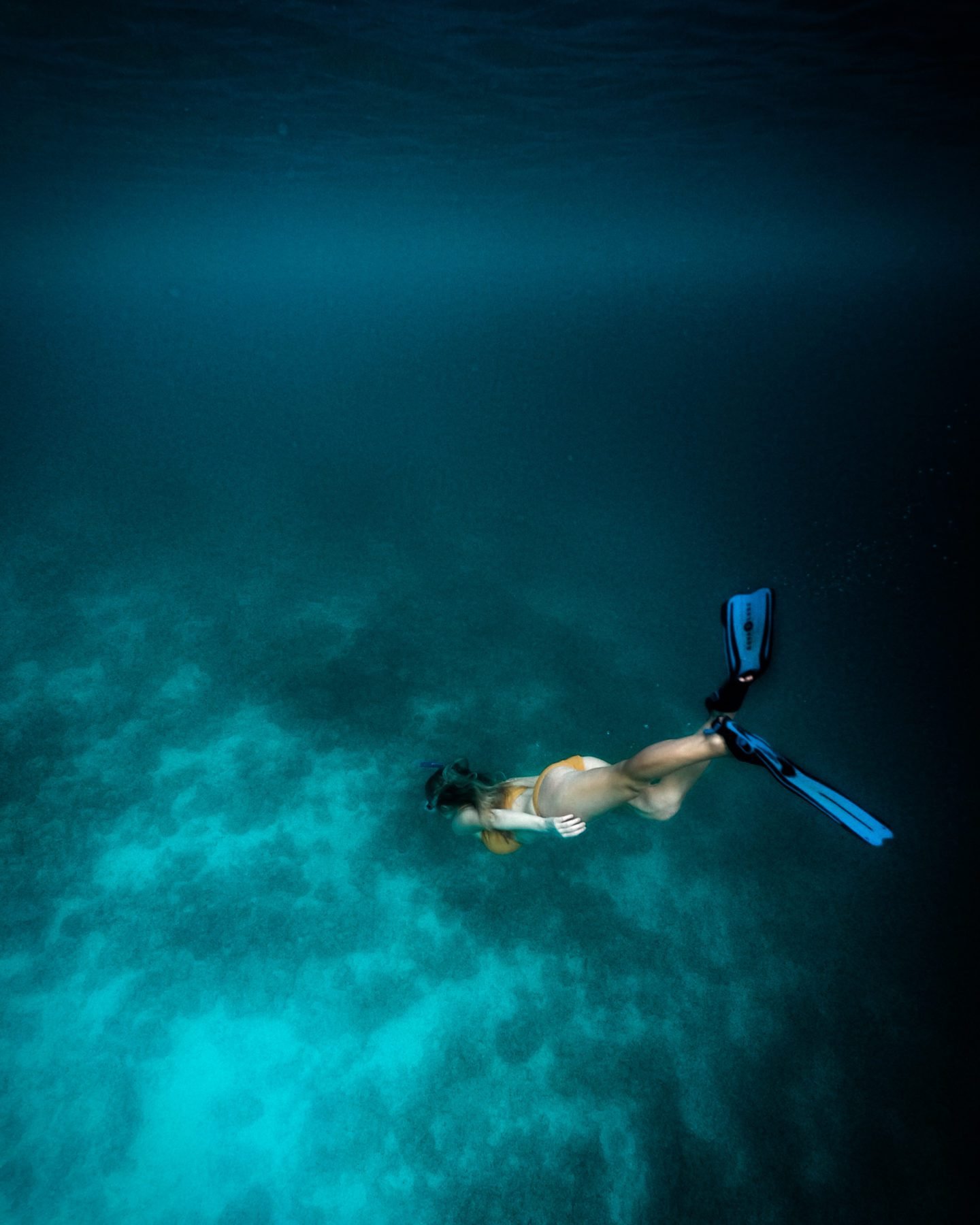“Be a responsible traveler, takes only memories, leave only footprints!”
Traveling is a beautiful and very enriching experience that is changing our lives. We have the chance to admire incredibly beautiful landscapes, meet animals in the wild, learning about new cultures, new ways of life and connect with amazing and interesting people.
However, the way we are traveling, getting around, visiting, spending our money is impacting the environment and the locals. We have a responsibility as travelers. We need to minimize the impact we have during our travels and even turn it on a positive impact!
Obviously, when we are visiting new countries, we all would like to be a responsible traveler and respect our beautiful planet, the animals that are living there and the locals that are kindly welcoming us in their country. Nobody is perfect, but the goal is to raise our awareness and try our best to share and connect with respect and let a footprint as small as possible.
It is totally possible if you are following a few recommendations! Obviously, certain of them are common sense but others are not always evident and are important to know to be a responsible traveler. Sometimes we are doing the wrong things just because we are missing some information and we are not enough aware. This is why we wanted to share this post with our suggestions with you today. Due to our travel experiences and a lot of research we have made a list of important recommendations that will help you to be a responsible traveler! Let’s start!
How to be a responsible traveler
1 Be aware of mass tourism and over-tourism
Over-tourism is probably one of the most important things to consider to be a responsible traveler. This is the presence of too many tourists in a destination. Unfortunately, this comes with a negative impact on the environment, the animals and the locals. Many destinations have become very popular in the last years but some of them don’t have the capacity to welcome so many tourists. So, unfortunately, it will have a negative impact on the environment and the population.
Consequences about over-tourism
To talk about a very negative impact on the environment, we can take the example of the Phi Phi islands and particularly Maya Bay. This area is infested by young tourists from all over the world that are coming for partying. They are drinking a lot, making noise with music and they are polluting the island. In recent years, the marine animals have been deserted the Sea, there were no sharks and fishes anymore. The government has taken the decision to close Maya Bay to the tourists and in only 2 months the reef sharks were back!
Another example to talk about the negative impact on the locals is Mallorca in the Baleares. Indeed, over-tourism can cause an increase in the cost of living. Sometimes, the locals prefer renting apartments on Airbnb to tourists at a higher price. But unfortunately, there are so many tourists that are renting apartments that the locals don’t have enough habitations anymore and prices are increasing a lot. So they are not able to live in the city they have been living for years, they are forced to leave and move further. Obviously there are many other examples as Lisbon in Portugal or Barcelone in Spain. The problem is happening in many European cities.
The issue of over-tourism should be dealt with by governments but as a responsible traveler, you can do something to lower your impact.
Visit lesser-known places
Obviously, you should visit lesser-known places. Even in popular destinations, you can easily discover hidden gem and less known places that are beautiful too! For example in Bali, you can also visit the north that is less touristy and beautiful too. You can visit lakes, waterfalls, and temples that are incredibly beautiful. The locals will be more happy to see you and you will be more able to connect with them. Your experience will be really rewarding.
Or travel during low season
However, if you are dreaming to visit popular destinations, you should consider going there in the low season. This is way better for you and for the environment and the locals. Ok, the weather maybe not as great as during the high season but you will have the places all to yourself and not wait in line to visit popular sites! This is what we have done recently, we have to visit Jordan in low season (in December). Even if it was a little bit cold, we absolutely loved our experience. Petra was empty, same for the Dead Sea and the sites in the Wadi Rum desert!
2 Be careful with activities involving animals
This is one of the most important recommendations we can give you to be a responsible traveler. You should avoid most of the activities involving animals and make a lot of research before doing activities that seem ethical. Unfortunately, the people organizing these activities are often more interested in profits than the well-being and the protection of animals.
Don’t ride animals
Animals riding in a general way are to ban. Elephant riding in Asia (India, Sri Lanka, Thailand…) are unfortunately always including animal cruelty. Baby elephants are taken really young to their mother and are beaten into submission. Then, they are spending their whole lives as slaves to entertain tourists. This is also the exact same thing for camels, horses, and donkeys riding in Egypt, Morocco or Jordan. You should read our post about “why you should never ride animals“. This is the same thing for these poor horses and donkeys on the carriages. They are not treated well, the carriage and the tourists are too heavy for them and imagine what happens when there is an accident?
Don’t visit aquariums, zoos or circus
Also, you should ban aquariums, zoos, and circus, where animals are living a miserable life in captivity, while they should live in their natural habitat in the wild. You may probably have heard about the horrible stories about orcs in Seaworld. They are living only a few years in a small in a ridiculously pool instead of living long years in the Ocean as they should be. It is the same thing for all the zoos and circus where animals are living in captivity. They are losing all the senses of the wildlife, they don’t know anymore how to hunt and they could never be released in the wild anymore because they could not survive. The best we can do is to not support these activities and ban them.
Don’t feed wild animals
Also, animal feeding is not good for animals. When you are going to swim with whale sharks in the Philippines it is not good for them. First of all, they are feed by the locals all year to make them stay and entertain tourists. They are searching for food and migrating anymore what is not good for reproduction. Another problem is that people should respect a distance of at least 8 meters between them and the animals and they don’t.
Activities to do with previous research
Instead of this, if you love animals and you want to meet them during your travels, there are certain activities respecting animals. If you love elephants, you can still visit an elephant sanctuary but be careful and do your research. Some of these sanctuaries are fake ones and are not treating well the elephants. You can also do a safari in Africa but make sure the operator is responsible and is doing his best to protect wildlife. You can also dive, or snorkel if you want to see sharks, turtles dolphins rays or colorful fishes! But you must never touch any species! Corals or animals are fragile and they have a particular skin that may be burnt by the hand of humans.
Protect the fauna
There are some countries where the locals are eating turtle eggs, green sea turtles, sharks or even river dolphins. I know that seems crazy but unfortunately, it is true. Even if you are curious, be a responsible traveler and avoid it. Also, avoid eating endangered animals as lobsters. For the same reason, you should not buy any goods made animals, leather or fur.
Also, you must never pick up a starfish out of the water, it can only breathe inside. In the Dominican Republic, the starfish and lobster population has almost completely disappeared.
3 Respect customs and culture
Dress up accordingly
One of the things that make us traveling is discovering new cultures, new ways of life and meeting locals. But we need to show them respect for their traditions. Be a responsible traveler may require dressing up more conservatively in a general way. Not so much for Europe, the Americas or Oceania but if you are traveling to Asia, Africa, the Middle east. In these areas, you will probably need to wear pants, or a long dress/skirt and cover your shoulders. This is a sign of respect for their culture. Especially if you are entering a temple or a church. We also need to respect the sacred places. Don’t take photos during a ceremony for example.
Be polite
It may seem obvious, but as a responsible traveler, we need to e polite to others. To other travelers and to locals. This includes the cleaning staff, the waiter at the restaurant and so on. We should treat everyone the same way we would like to be treated.
Learn the basics of the language
We should always make a bit of effort and try to learn a few words or the national language. Even if it is only “hello”, “thank you”, “please”. The locals will appreciate the efforts!
4 Respect the environment
Don’t bring anything from nature
When you are traveling you should never take something from nature. This works for sand, shells, stones or plants. The environment is complex and taking anything can have a negative impact. For example, when you are taking a pretty shell, you should keep in mind that a marine species may need this shell one day! Also, people are taking sand on the dunes and beaches in Namibia in Sardinia and it became a huge problem for the environment.
Reduce plastic
Unfortunately, marine animals as turtles or whales are endangered by tons of plastic in the Sea. They are eating plastic and dying. During your travels, you can bring your own bamboo straw and refuse the straws in the restaurants. You can also bring your own reusable gourd and avoir plastic bottles. Also, take a tote bag/ a canvas bag to use it at markets or grocery shops.
Don’t leave a trace
When you live a place, make sure you didn’t leave anything. This works for a beach, forest or even cities. Be careful when you want to swim in rivers or lakes. Sometimes locals are drinking water from it!
Use water and other resources carefully
Some countries are not independent in terms of water. As Santorini or Jordan, you should be careful with your water conservation. Try to take short showers for example. Also, ask for towels to not be changed every day. Also, turn off the lights and the air conditioning when you leave the room.
5 Buy local
This one is easy and fun to do! To be a responsible traveler, you should try to buy locals products and food! It can be going to the local markets to buy fruits or bring a souvenir to your family from a local shop. It will help to support the local economy. Plus, it has been produced locally.
This is really easy, for example in Bali, look for the fruits markets to buy dragon fruits or Mangos! Avoid Mcdonalds and Starbucks and try the local street food! You will discover the local specialties and help the population!
6 Stay at local and sustainable places
Choosing sustainable accommodation owned by locals is always a good choice! Staying at local guesthouses and small boutique hotels that are locally owned is more enriching for your experience and you will help the local economy! Also, it’s a good opportunity to connect with locals.
7 Travel with ethical companies
Before booking a week trip or even only a day tour with a travel agency/ tour operator, make your research about the company! Don’t take part in tours where animal cruelty is involved (dolphin shows, animals riding…) Make sure the company respects the environment and the animals?
8 Reduce your carbon footprint
Be a responsible traveler also means taking fewer flights, opting for direct ones. Taking off and landing consume a lot of fuel. Packing lighter is also a way to reduce your carbon footprint. Indeed, less weight on the plane means less fuel used.
Also, when you can, traveler close to your country, and why not share a car during a road trip with family or friends? This is what we have done during our Italy road trip this summer. Also, whenever it’s possible you can take buses or train to discover the countries close to yours!
9 Talk around you, spread the word!
Do your best to spread the word, talk around you to your friends! Help others to be a responsible traveler! Obviously, if you want to protect the planet, you can also act in your daily life! Read our post about “how to reduce your carbon footprint” in your daily life!


